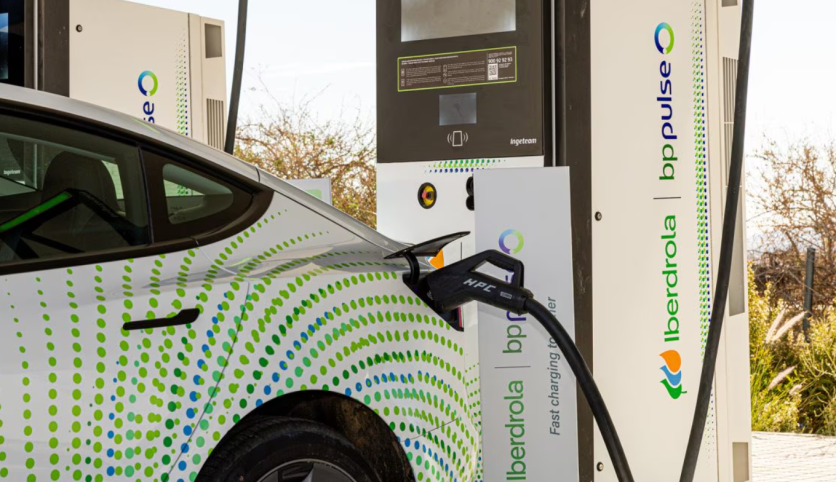BP, the oil and gas giant headquartered in London, England, is undergoing significant changes within its electric vehicle (EV) charging business, BP Pulse.
CEO Murray Auchincloss is spearheading a restructuring effort to address investor concerns regarding the company's transition towards green energy.
What is the company planning after its recent job cuts?
Market Withdrawal and Job Cuts

In response to the shifting trend in the industry, BP Pulse has withdrawn from eight of the 12 countries it previously operated in, narrowing its focus to the US, Britain, Germany, and China.
In an interview with Reuters, Auchinloss said that its expectation of commercial EV fleets "didn't pay off" in the market.
The move that the British company made aligns with projections indicating rapid EV market growth in these regions. However, the restructuring hasn't been without its casualties, with over 100 jobs, representing around 11% of its global workforce, being eliminated.
Despite this, BP says that the majority of affected employees are being reassigned to other divisions within the company.
Related Article : Europe EV Adoption Lags Behind as Market Shares Fall
BP's EV Charging Expansion Plans
Despite the workforce reductions, BP remains committed to its EV charging ambitions. The company aims to expand its charging infrastructure, with a target of 100,000 charging points by 2030.
Notably, BP Pulse had over 29,000 charging points globally by the end of last year, indicating significant progress towards its long-term goals.
Financial Projections and Investment Initiatives
BP anticipates substantial revenue from its EV charging and convenience store operations, targeting $1.5 billion by 2025. To support its growth objectives, the company has announced big investments in EV charging infrastructure, including up to £1 billion in the UK and up to €100 million in Germany by 2030, Electrek writes in its recent report.
BP's Support Service Review and IT Job Reductions
In addition to the restructuring within its EV charging business, BP is also streamlining its support services. The company plans to reduce IT jobs by approximately 30% in its international upstream division as part of this initiative.
While BP aims to minimize the impact on affected employees by offering alternative roles within the company, these changes reflect its broader efforts to optimize operations and adapt to evolving market movements.
In other news, Tesla implemented the newest layoff affecting over 10% of its global workforce.
For the automaker, job cuts are needed to carefully evaluate the weakness of the organization. This way, they can recognize the best efforts to maximize efficiency and minimize redundant roles for its general growth.
What's more, Elon Musk said that layoffs should be done even though it's a difficult decision to make.
Alongside the recent wave of layoffs, Tesla needs to deal with disappointed customers who were expecting Cybertrucks to be delivered soon. However, the shipment was plagued by delays which made their waiting time worse.

![Apple Watch Series 10 [GPS 42mm]](https://d.techtimes.com/en/full/453899/apple-watch-series-10-gps-42mm.jpg?w=184&h=103&f=9fb3c2ea2db928c663d1d2eadbcb3e52)



